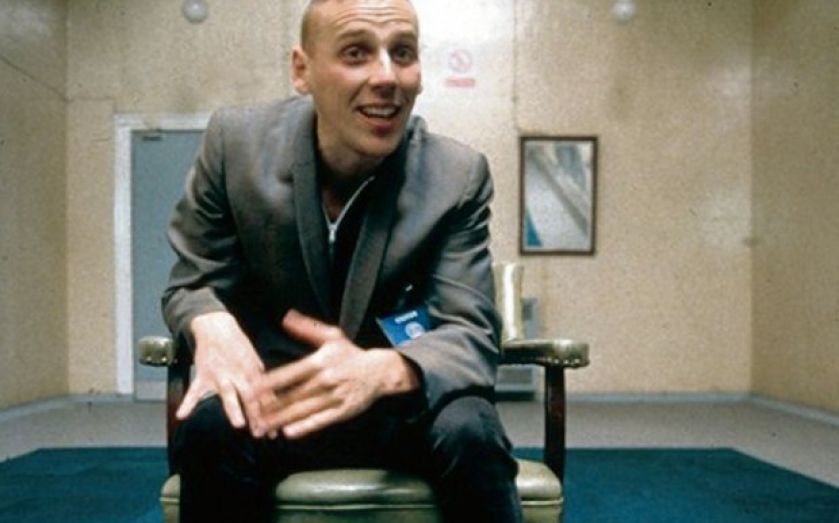The five interview gaffes to avoid

How you perform will determine whether you get your dream job. Here’s what not to do
FROM asking to be paid “in cash” to hugging the prospective boss, eager applicants can make fatal errors in the interview process. Aside from the basic mistakes like failing to do their homework or not looking up the interviewer on LinkedIn, there are less obvious ways job-seekers can tear themselves out of the running.
1 DEAD FISH HANDSHAKES
You never get a second chance to make a good first impression, and a recent study found that the window of opportunity closes within just seven seconds. First comes the all-important handshake. Research from the University of Iowa found that those with the best handshakes were considered to be the “most hireable” by interviewers. According to HR expert Dr John Sullivan, a single bad handshake can immediately eliminate a top candidate.
Is a firm handshake the answer? Not necessarily. Interviewers are being taught not to put too much store by grip. Instead, follow the interviewer’s lead, in terms of duration and pressure. Avoid a “dead fish,” but don’t crush the hiring manager’s hand.
2 SLOPPY POSTURE
Interviews can feel like a full-blown interrogation: so keep an eye on your body language. Rub your nose, and you could appear dishonest. Slouch, and you’ll seem arrogant and disinterested. Point, and you’ll come across as aggressive.
A 2012 Harvard working paper suggested that adopting “high power” poses (simply, stretching out expansively), before you even enter the interview room, can improve your chances of being hired. So maintain eye contact, but don’t stare. Sit up straight and lean forward slightly – it will keep the interviewer engaged. Hold an interested facial expression and nod.
3 BEING GENERIC
While the internet can provide invaluable background information on the company itself, don’t rely on random website advice to get you through the big day. “Those sorts of generic answers are the reason why 90 per cent of people will say ‘I’m too much of a perfectionist,’ or ‘I take too much on board’ when asked about their biggest weakness,” says Nick Teige of Ashton Hendricks. “But the real answer is job related. Try and picture yourself in the job: what won’t you be able to do immediately? It shows you’re thinking about the role in a professional way.”
4 TALKING MONEY TOO SOON
Not having any questions to ask at the end of an interview could make you seem flighty and unprepared. But asking the wrong questions may have similarly disastrous consequences. “Don’t raise the issue of remuneration too quickly – it can be off-putting to hiring managers,” says Matt Weston of Robert Half. Don’t ask questions about the hours, pay, or holiday allowance. “You can’t claim it’s your perfect job in one breath, only to ask about time off in the next,” says Teige.
5 BAD MOUTHING THE EX-BOSS
Answering phone calls mid-interview or chewing gum are obvious “interview don’ts”. But there are other ways an unprofessional attitude can damage your prospects. Top of the list? Speaking poorly of a former manager. “It is never appropriate to bad mouth. It will make the hiring manager wonder what you’ll later say about them!” says Weston.
Apps to boost productivity
Doodle £1.99
“Easy scheduling”
For anyone fed up with email chains cluttering their inbox when trying to schedule team meetings, dinners with friends, or weekend trips – Doodle could help. The scheduling app finds the right date and time for a group rendez-vous. It cooperates with your calendar and that of your colleagues – avoiding conflicting bookings and synching appointments.